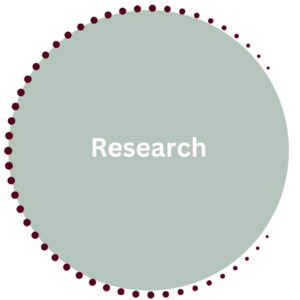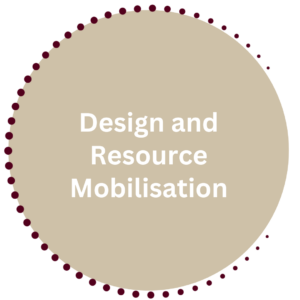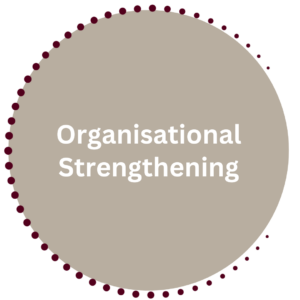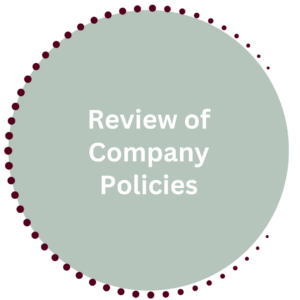Services for Development and Humanitarian Actors
Research
The Rationale
Meeting rooms and design workshops are often filled with discussions that are not grounded in research, learning or evidence. It is with this experience in mind that we are committed to helping teams and organisations use data and evidence – from needs assessments, evaluations and analyses – to inform future projects. Our goal is to increase the use of data for improved decision-making and strengthen evidence of how gender equal work can deliver a more just world. Root causes are complex and interlinked and often more light needs to be shone into the specific limitations and barriers that the most vulnerable face. To this end, we also support data collection that is gender sensitive and provides information about the different needs, capacities and coping strategies of women, girls, men and boys.
The Process
- Methodology design
- Development of data collection tools
- Data collection
- Analysis and write-up
- Application of gender frameworks and theories
The Result
- Multi-sectoral needs assessments
- Gender assessments
- Rapid gender analyses
- Policy briefs
- Evaluations
Design and Resource Mobilisation
The Rationale
Assumptions are often made around what would make an activity, project or service more gender sensitive. For example, if we target more women than men then we will be advancing gender equality. Or, if we invite women to participate in a decision-making meeting, then our inclusion efforts are complete. However, the systemic barriers and challenges to women’s participation, or the root causes of inequality are often not integrated into the design, implementation or monitoring of projects. We are passionate about helping teams really think through how to create gender responsive and transformative programming.
Conversations in design workshops can often be driven by the types of activities that can be implemented rather than based on the larger strategic objectives we want to achieve. We support teams to design powerful and impactful projects, which are both integrated and logical, and have the potential to have transformational impact for both gender equality projects and for those that have different sectoral objectives.
The Process
- Design of gender transformative and/or gender responsive projects and programs
- Integration of social norm change and engaging men and boys programming
- Facilitation of multi-stakeholder design workshops
- Evidence and data-driven design
- Development of logical frameworks
- Coordination with different teams and departments
- Development of narrative proposals
The Result
- Progression of projects and programs on the gender continuum (from gender neutral to gender transformative)
- Development and finalisation of logical, needs-based and evidence-driven, donor aligned proposal packages
Organisational Strengthening
The Rationale
To be truly effective in delivering high quality and impactful gender equality programming, internal organisational cultures need to uphold the values of equity, diversity and inclusion. In-country teams are often navigating their personal and professional lives within conservative and patriarchal norms and they are not exempt from the conditioning that goes with this. It is of vital importance that organisations model a culture that shifts power to the most marginalised and internally examines harmful and deep-rooted social norms of their staff that affects the working environment of an organisation.
The Process
- Facilitation of equity, diversity and inclusion workshops
- Gender audits and assessments
- Toolkit and manual development
The Result
- Creating an equal and inclusive organisational culture
- Prevention and mitigation of workplace harassment and violence









